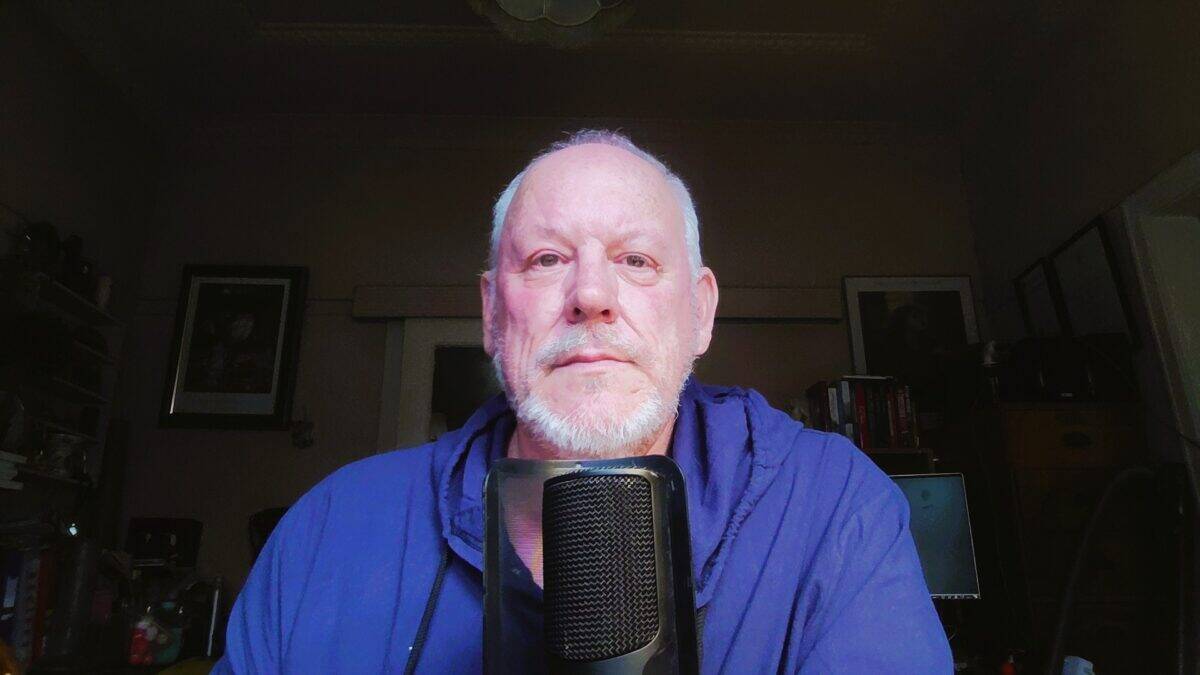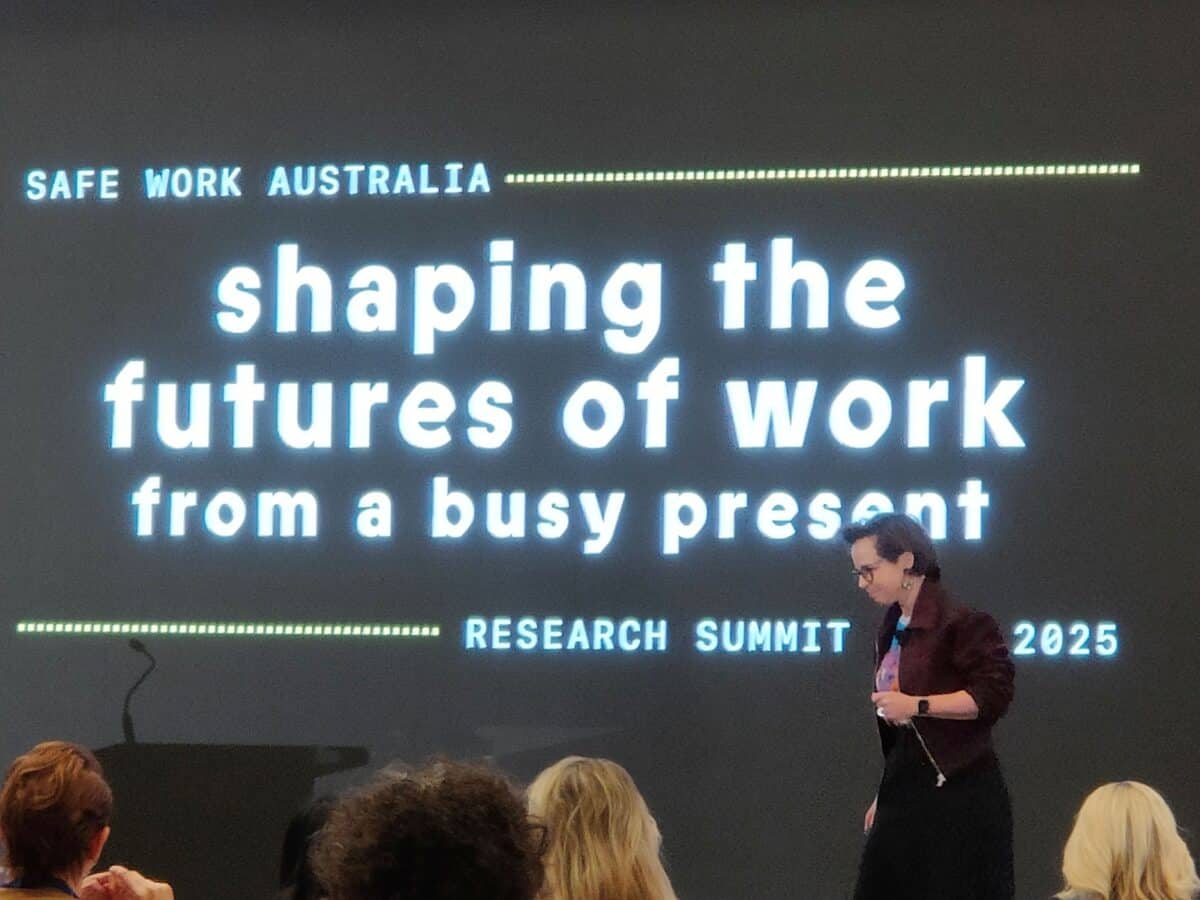We know what employers/leaders do or do not do about psychosocial hazards at work and the psychological impacts. But there is still insufficient discussion on why those leaders make those choices. Recently, Dr Caroline Howe came close to answering the “why” in a blog article for her Psychosocial Safety and Leadership Institute.
Audio summaries and podcasts
I have had a very positive response to my short audio summaries of SafetyAtWorkBlog articles available through SoundCloud. These free 5 or 6-minute monologues are intended to be short, thought-provoking chats about various aspects of occupational health and safety.
Almost a dozen have been posted over the last few weeks on topics such as suicidality, farm safety, compliance, ethics, COVID-19, seminars, and new books.
If you are interested in quick digestible thought pieces, please consider a free subscription through SoundCloud.
Stream SafetyAtWorkBlog | Listen to podcast episodes online for free on SoundCloud
Someone should have read the instructions – OHS in COVID times
Ask someone to depict occupational health and safety (OHS) in a drawing, and the image is likely to include a hard hat, maybe some safety glasses, or hearing protection. Personal Protective Equipment (PPE) dominates the concept of OHS and how people perceive OHS, even when PPE is the last hazard control option to be considered in providing safe and healthy work.
Our relationship with PPE has forever been changed by everyone’s experience of the COVID-19 pandemic. The survivors of the pandemic are loath to reflect on those few intense years, but OHS needs to talk about the pandemic and what went right and what went wrong. Here’s a short start to the conversation.
Holding Space for the Ridiculous in Workplace Health and Safety
One of the most divisive speakers at last week’s Research Summit organised by Safe Work Australia was futurist Reanna Browne. Some delegates found her approach to research to be offensive. Others thought she was granted too much time. Some were confused.
Insights and Innovation from the 2025 Victorian Safety Symposium
The Australian Institute of Health and Safety (AIHS) state branches conduct local single-day symposia annually. These networking and professional development sessions are important opportunities for practitioners of occupational health and safety (OHS) to connect and learn.
The good presenters were very good at the Victorian Branch symposium in September.
Audio summary of Regulation, Free markets and OHS
Join me in a discussion of themes in the second edition of Arie Freiberg’s book, “Regulation in Australia.” This short audio report explores the reasons behind regulation, market failures, and the role of government in restoring fairness and equity. I also discuss “The Big Myth” by Naomi Oreskes and Erik Conway, which examines how business interests have shaped our perception of government and free markets.
The original full article can be accessed HERE.
Beyond Compliance, Rethinking Safety Culture and Legal Reform
Earlier this week, I was a panellist at an occupational health and safety symposium organised by the Victorian Branch of the Australian Institute of Health and Safety. We were asked to be challenging and provocative in our perspectives on the evolution of OHS and OHS law in Victoria since the start of the century.






